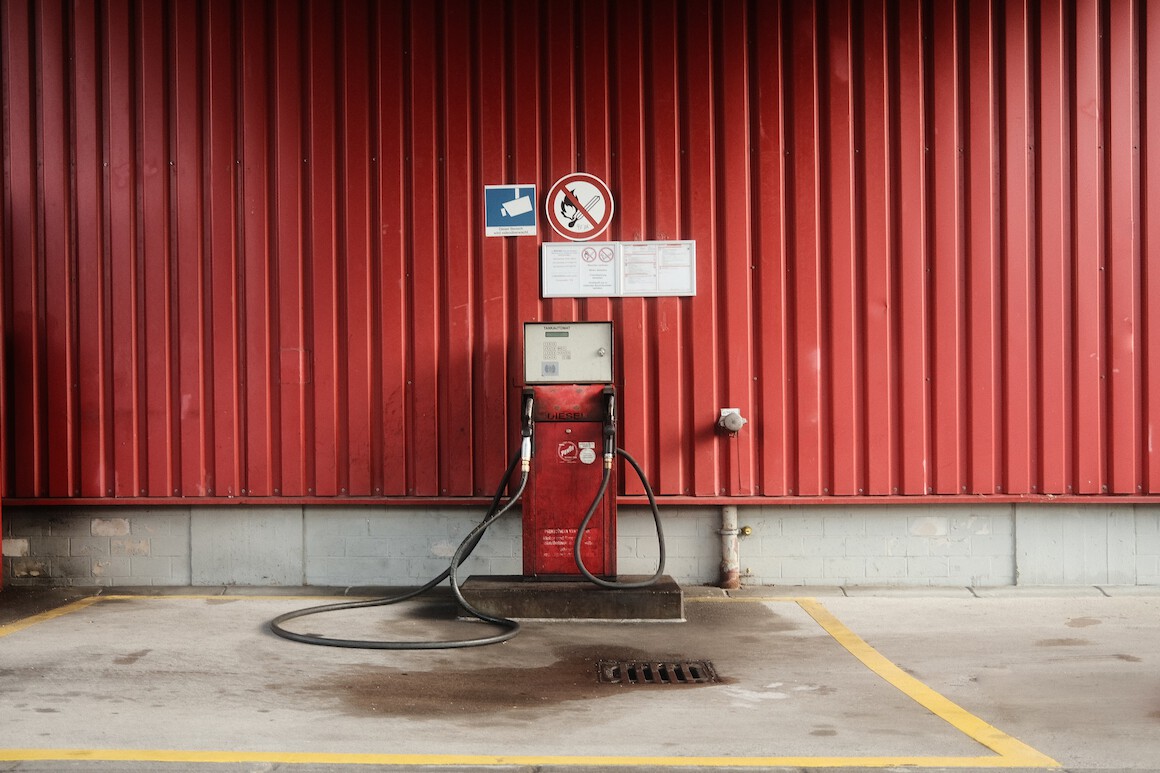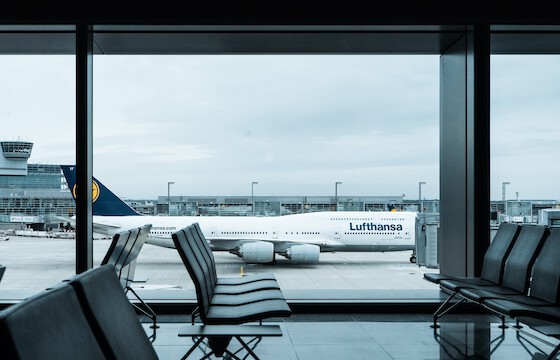1. CASE SUMMARY
A. Summary of facts
This decision concerned the distribution of gas and petrol by a lessee of a gas station. The relevant lease agreement was challenged by the lessee to be invalid, because it does not comply with European competition law and therefore is null and void. One key question was whether the agency privilege applies in this case, especially against the background that the lessor remained owner of the fuel and bore the costs for sale and storage, unless in case of the lessee's fault or negligence.
B. Legal analysis
The Austrian Supreme Court decided that the lease agreement governs a real agency relationship and that the agency privilege applies. Therefore, the lease agreement was out of scope of European and Austrian competition law.
Since the major part of the risks (in particular: sale and storage risks) were borne by the lessor and the lessee only had to bear risks in justified cases (e.g. when independently granting credit), the situation of the lessee did not approximate to an independent dealer. Rather, the lessee was an immediate part of the internal distribution system of the lessor, which opened the scope of the agency privilege.
2. QUOTES
"[…] As criteria on the basis of which the actual distribution of risks between the service station operator and the fuel supplier is to be assessed, the ECJ mentioned, on the one hand, the risks associated with the sale of the goods and, on the other hand, the risks associated with the market-specific investments, i.e. the investments required for the service station operator to be able to negotiate and conclude contracts with third parties […]"
"[…] In summary, the ECJ stated in the CEEES case (Case C-217/05) that "in order to determine whether Art 85 (now Art 81 EC) of the Treaty applies, the distribution of financial and commercial risks between the operator and the supplier of fuels must be examined in the light of criteria such as the ownership of the goods, the contribution to the costs associated with their distribution, their storage, the liability for any damage caused to the goods or to third parties by them and the making of investments specific to the marketing of those goods (para. 60)." In this context, the ECJ explicitly stated that Art 85 is not applicable if the intermediary bears only a small part of the risks. In this case, the ECJ considered the obligation of the operators to sell the fuel at a fixed price as the power of the petroleum company to determine the scope of activity of their sales agents […]"
"[…] In CEPSA (Case C-279/06), the ECJ reiterated the principle that Art 81 EC does not apply if the operator bears only a small part of the risks, in which case the relationship between him and the supplier is identical to the relationship between a commercial agent and his principal (para 40). Similarly, the ECJ (again) clarified that in the case of an agency agreement, the obligations imposed on the intermediary concerning the sale of the goods to third parties for the account of the principal do not fall under Article 81 EC, inter alia, with regard to the fixing of the retail price. […]"
"[…] In its recent decision of July 15, 2009, 16 Ok 6/09, the Austrian Supreme Court (albeit in a case not involving a service station operator) had to assess the question of the applicability of the "commercial agent privilege" under Art 81 EC. In a detailed discussion of the case law of the ECJ on this issue, the guidelines issued by the Commission and the relevant literature, the Supreme Court stated that the fact that the commercial agent bears the risks usually associated with such an activity does not exclude the existence of a genuine agency agreement. Therefore, it does not hurt that the commercial agent regularly has to bear the expenses for business premises and personnel. […]"
"[…] The appellant also refers to the passing on of the sales risk to the plaintiff by the obligation to keep the service station open at the times specified by the defendant and to bear the personnel costs for this. As already explained, however, the bearing of personnel costs is a burden typically associated with the activities of a (genuine) commercial agent. The obligation to keep the service station open at certain (low-turnover) times results from the nature of the contract concluded and could be compensated for by the plaintiff by reducing the number of staff, who, however, according to the findings, which remain unchallenged in this respect, always operated the service station with a double staff (p. 23 of the first judgment). […]"
4. RELEVANT LITERATURE
See Vertriebsverträge im Kartellrecht (2019) Part I Chapter I paragraph 2.14
5. OTHER COMMENTS
The so-called 'Tankstellenpacht'-judgement of the Austrian Supreme Court explicitly refers to the Pressegrosso-judgement and its implications regarding the agency privilege. However, contrary to the Pressegrosso-judgement, the Austrian Supreme Court concluded that the lessee (i.e. the agent) does not bear sufficient risks and applies the agency privilege. Thus, the lease agreement is not subject to competition provisions.
6. PRACTICAL SIGNIFICANCE
This decision concludes a series of important landmark decisions outlining the agency privilege. Contrary to its predecessors (the Lufthansa-judgment and the Pressegrosso-judgment), it provides an example of a distribution system that suffices the requirement of the agency privilege and serves as valuable guideline for implementing distribution systems.





Sign in to post comments